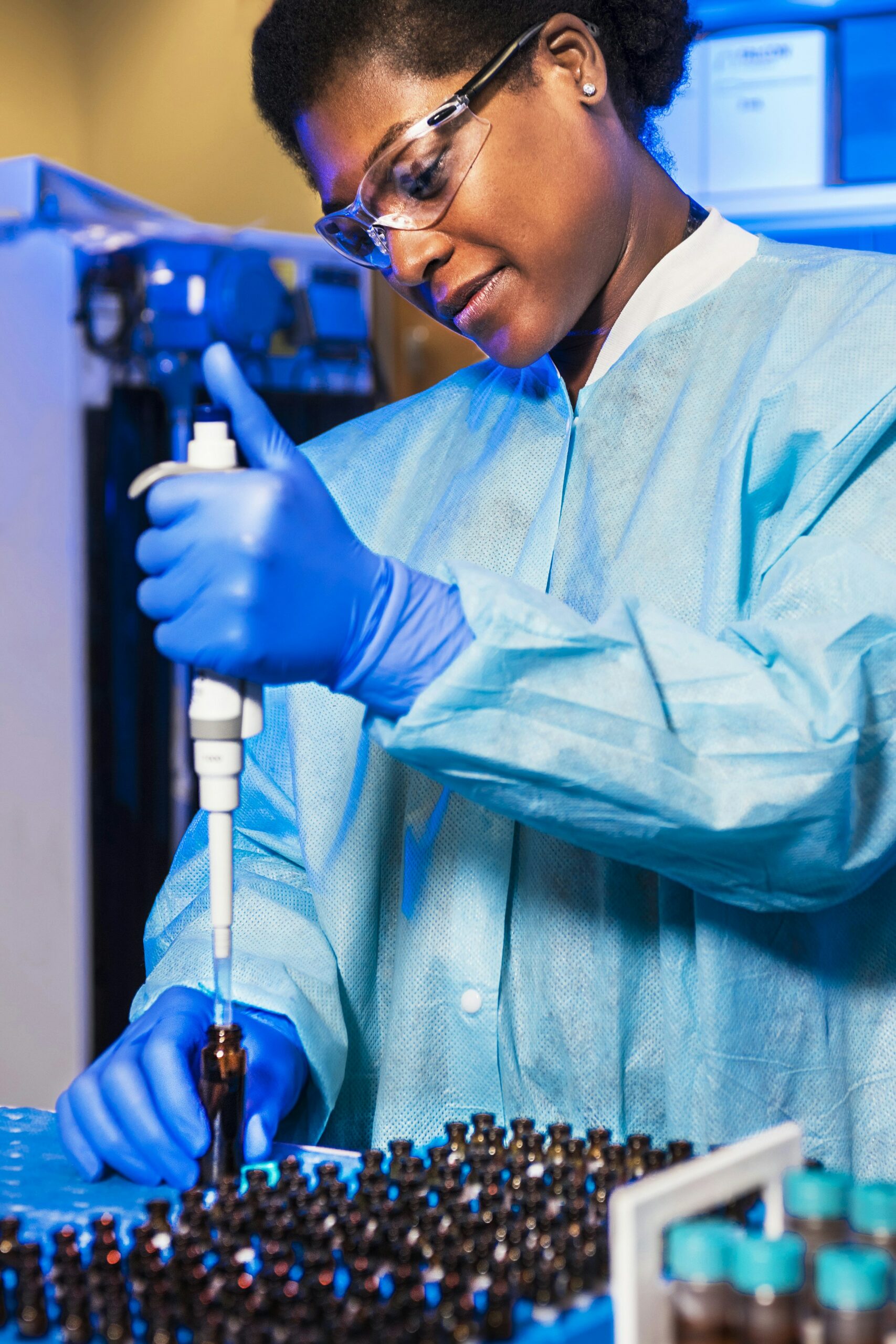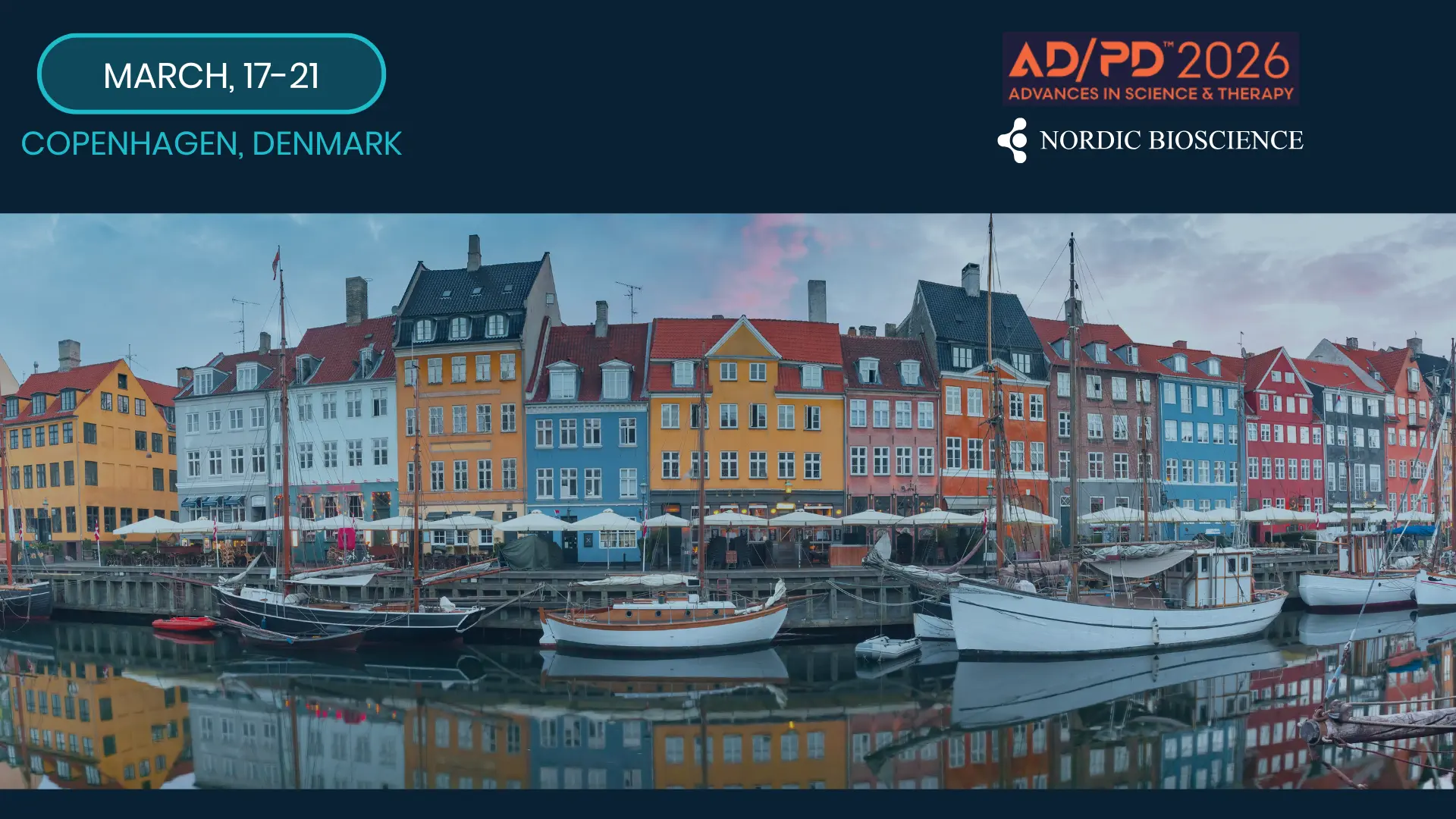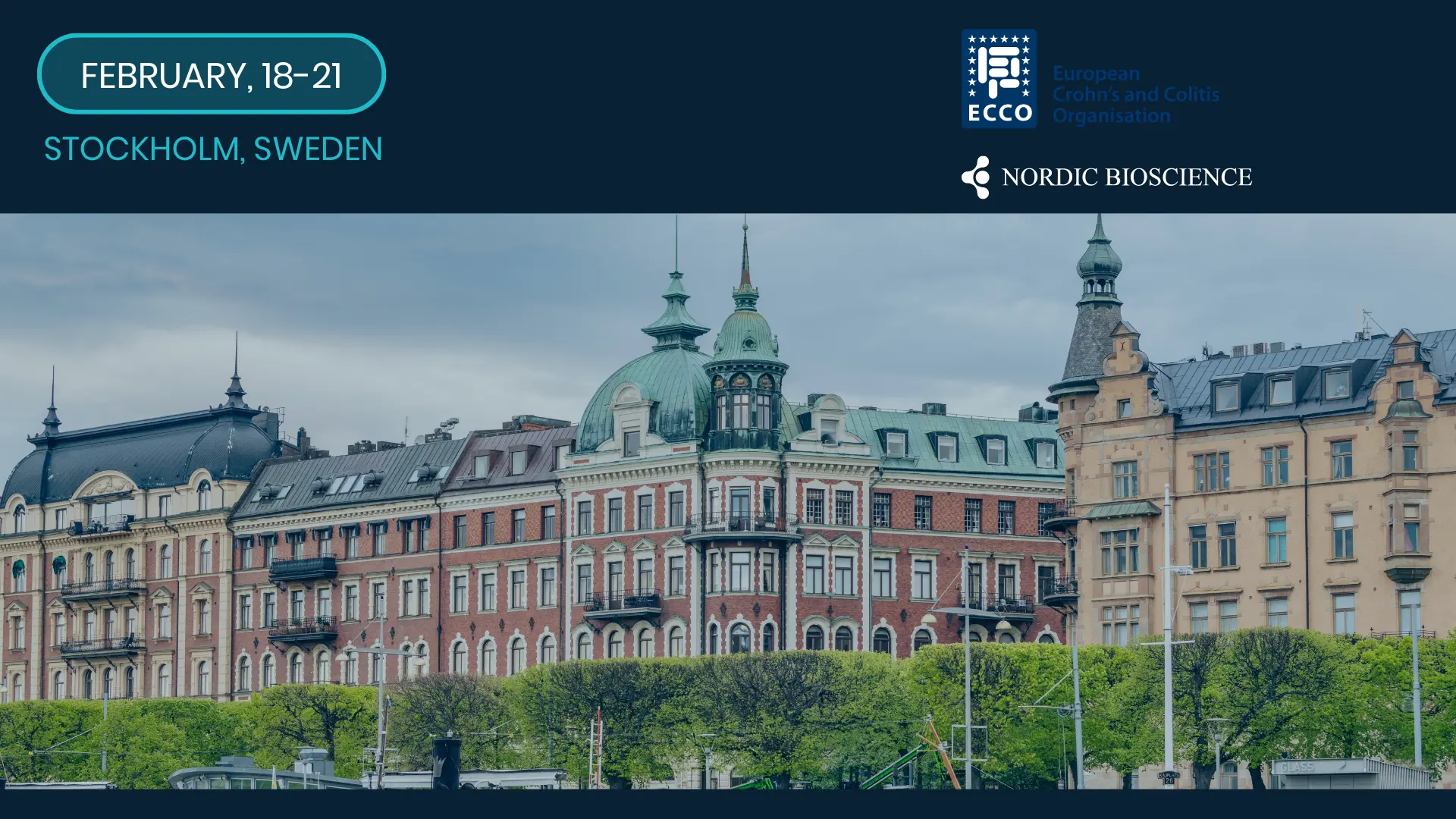Prolonged Inflammation of Fibroblasts Promotes Formation of Type III Collagen and Fibronectin
June 17, 2024
Prolonged inflammatory stimulation of fibroblasts promotes the formation of type III collagen and fibronectin in response to TGF-β1
Introduction
Inflammation is associated with tissue damage and the concomitant induction of wound healing responses. Pro-inflammatory cytokines such as TNF-α initiate wound healing by promoting the activation and proliferation of fibroblasts. Growth factors such as TGF-β1 drive granulation tissue formation, a type of new connective tissue formed by fibroblasts during wound healing. Fibroblast activation protein (FAP) and α-smooth muscle actin (α-SMA) identify distinct fibroblast phenotypes associated with distinct ECM remodeling.
In this study we investigated whether prolonged inflammatory stimulation of fibroblasts would augment the fibrogenic response to TGF-β1, and the fibroblast phenotype resulting from fibro-inflammation.
Poster
Conclusion
TNF-α shifts TGF-β1 stimulated α-SMA+ fibroblasts towards a fibro-inflammatory FAP+ phenotype. The TGF-β1 + TNF-α stimulation is characterized by increased type III collagen and fibronectin formation, while type I and VI collagen are reduced, compared to TGF-β1 stimulation only. In conclusion, the soluble nordicPRO-C3™ and FBN-C biomarkers may be used to identify FAP + fibroblast activity, associated with fibrogenesis.




